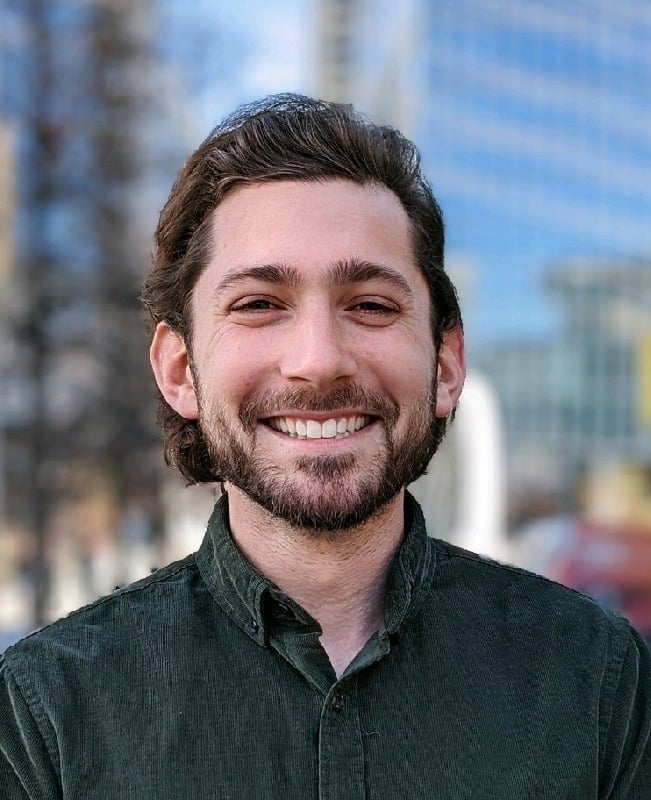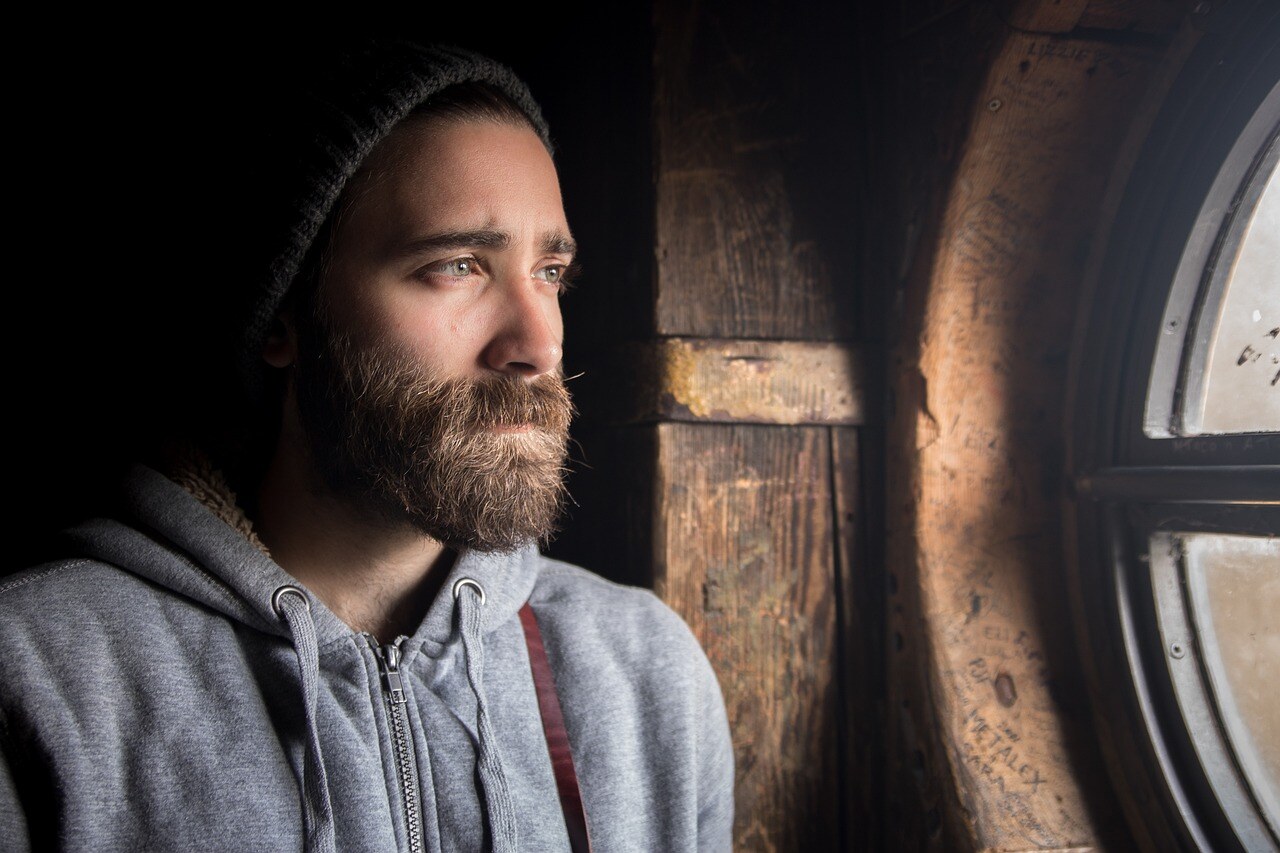Finding the Right Childhood Trauma Therapist for Your Healing Journey
Many of us may understand intellectually what childhood trauma means, but many have difficulty identifying it in our own lives. We think childhood...

The public education system in the United States has changed over the years, and the challenges our youth face in school are unique to this time, era, and generation.
Unfortunately, school has become a breeding ground for bullying, harassment, and discrimination. But the bullying of today is far from that age-old depiction of the shy kid getting pushed around on the playground. It’s an issue with far-reaching effects, particularly for the lesbian, gay, bisexual, transgender, or queer and questioning (LGBTQ) community.
What challenges do LGBTQ students face, and more specifically, how do these challenges impact the health and happiness of LGBTQ students? Let’s discuss what receiving a public education looks like for this vulnerable population.
According to the 2022 National Survey on LGBTQ Youth Mental Health by The Trevor Project:
These eye-opening statistics give a glimpse into the lives of LGBTQ youth, but why is this group at an increased risk for suicide? Why do LGBTQ young people experience high rates of anxiety and depression? Why is mental health care hard to come by?
Exploring the various challenges LGBTQ students face while at school can provide answers to these questions and more.
School is a difficult environment for many children and teens, but LGBTQ students face particular challenges, such as:
LGBTQ students often lack a core support system. Many are rejected by their school peers or classmates, and some even report not being accepted by their teachers or school administrators.
The isolation doesn’t stop there, though. Many of these young people are disowned by their own family members, including parents, grandparents, and siblings.
LGBTQ students face regular discrimination or prejudicial treatment for not fitting the same stereotypical roles as their cisgender, heterosexual, or non-transgender peers.
Although social pressures are a part of any school-going experience, LGBTQ youth are a particular target of verbal harassment, physical attacks, and sexual assaults for being different.
LGBTQ students are often treated as if they can't do the same things as other groups of people, which makes them feel left out of society.
They become outsiders, alienated as they try to make sense of their gender identity or sexual orientation.
These key challenges and issues that LGBTQ students often face are associated with significant consequences.
Some choose to drop out of school due to the level of bullying and harassment, which typically leads to lifelong financial uncertainty.
If they don’t drop out of school, some LGBTQ students skip school regularly to escape the severe social rejection, and when the lack of social acceptance is too disheartening, some LGBTQ students feel like they have no other option but to permanently end the pain.
Many LGBTQ students feel like the public school system has failed them. While some are content and happy with their experience, there are plenty that do not feel like their physical, emotional, or mental needs are met by our education system policies.
What is the best way to support LGBTQ youth in their fight to be a welcomed part of the student community? How can we help bear the burden of this vulnerable youth demographic? What can we do to provide a sense of safety, inclusion, and protection to LGBTQ students?
Some might say it begins with political change and that laws need to be put in place to safeguard LGBTQ students, with legal ramifications for anyone who breaks those laws.
Others might say the change starts with every school district and that school administrators need to encourage LGBTQ rights.
Some might say that everyday members of society are the root of the problem and that we must all join the battle to improve how LGBTQ youth are treated.
While there are numerous opinions on the matter, it is safe to say that there is not a one-size-fits-all solution to this problem.
While a combination of efforts will be necessary to help our LGBTQ students, our goal here at Williamsburg Therapy Group is to support the LGBTQ community by providing the best-in-class mental health care services to LGBTQ individuals and their families.
We offer:
In fact, we have queer-identified psychologists and psychiatrists with a wide range of backgrounds who are ready to help our LGBTQ+ clients.
We support our clients no matter what their sexual orientation or gender identity is, and our team's wide range of expertise in LGBTQ+ issues makes us proud to offer a safe and secure space for all of our LGBTQ+ clients.
If you have more questions about our services, send us a message. We look forward to hearing from you.
MEET THE AUTHOR
Licensed Psychologist
The public education system in the United States has changed over the years, and the challenges our youth face in school are unique to this time, era, and generation.
Many of us may understand intellectually what childhood trauma means, but many have difficulty identifying it in our own lives. We think childhood...

Couples therapy, also known as couples counseling, is a form of talk therapy that helps romantic partners improve their relationship. The purpose of...

We love our pets, and for many, they are true members of the family. But did you know that pet owners also receive a number of physical and mental...